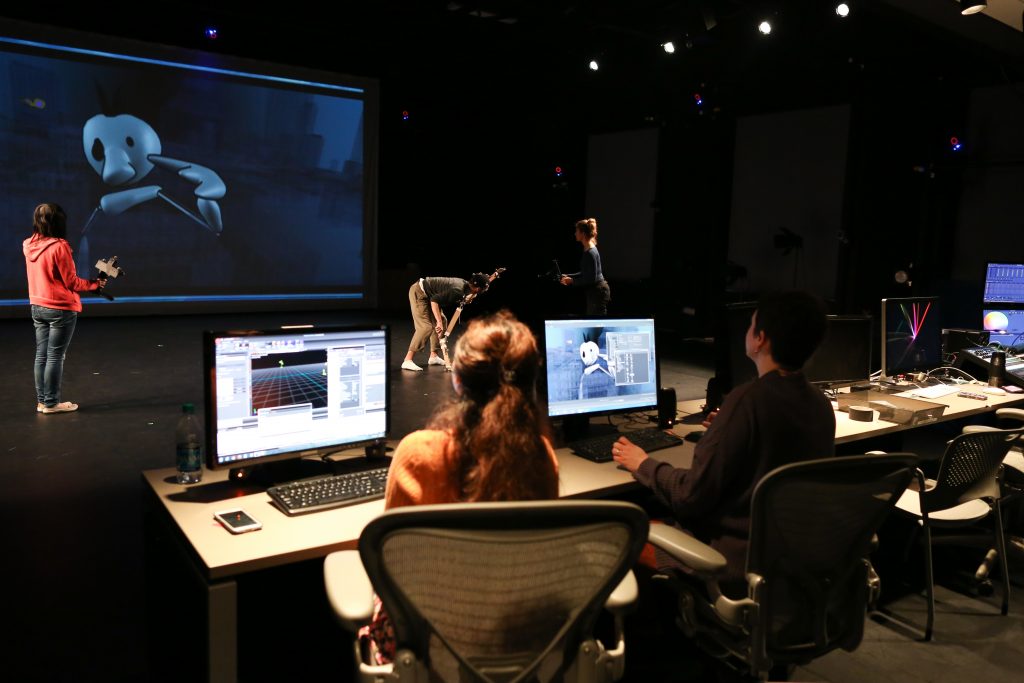With support from the National Endowment for Humanities, a dance professor at The University of Alabama will lead an innovative effort to improve online access to digital dance resources for education and scholarship. Rebecca Salzer, assistant professor of dance and interim director of the UA Collaborative Arts Research Initiative, received a Digital Humanities Advancement grant from the National Endowment for the Humanities in a funding round announced this month. “While digital video makes recording dance easier, archives of recorded dance have not […]
Read More from Professor to Strengthen Digital Dynamics of Dance via NEH Grant
